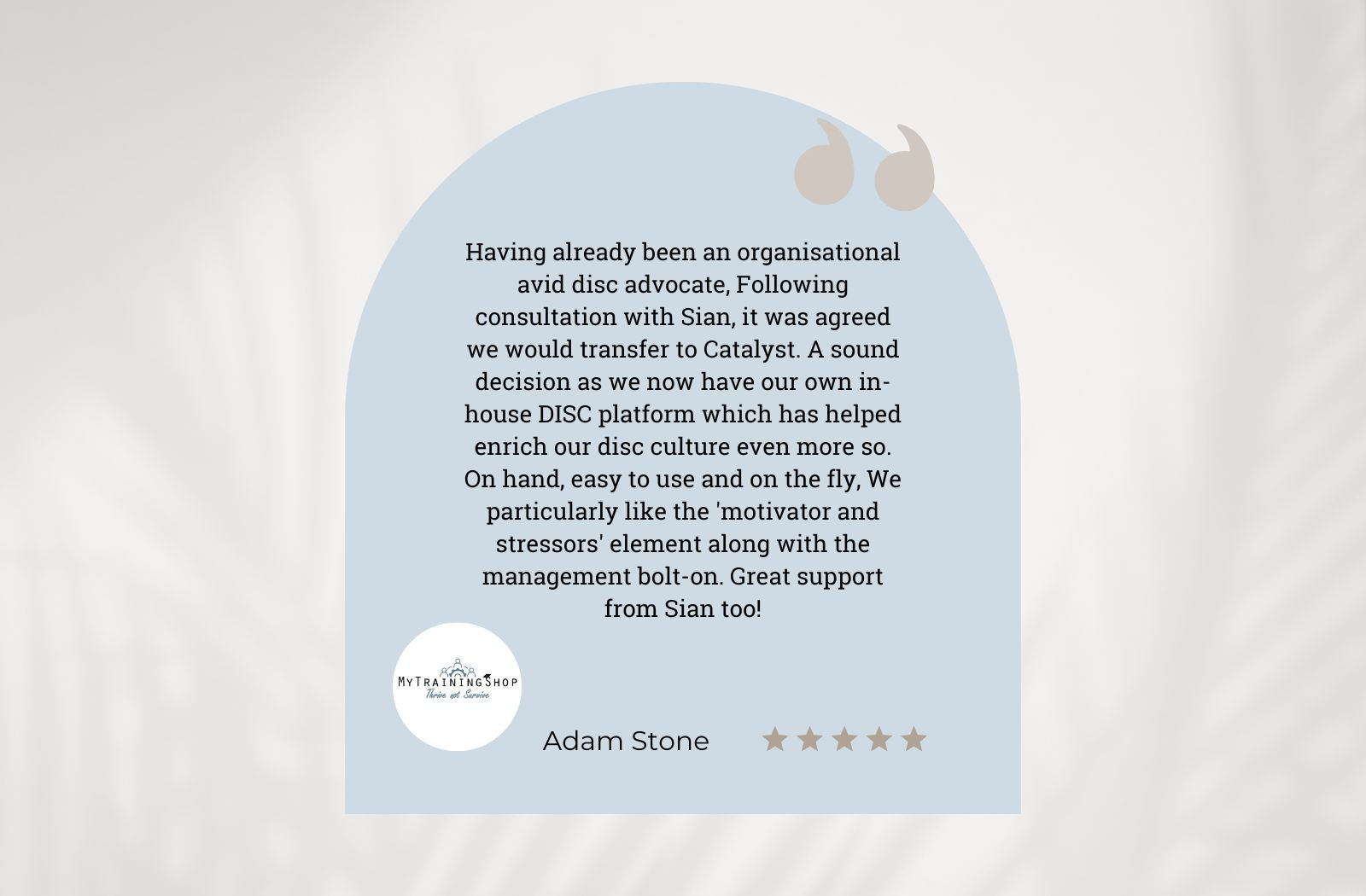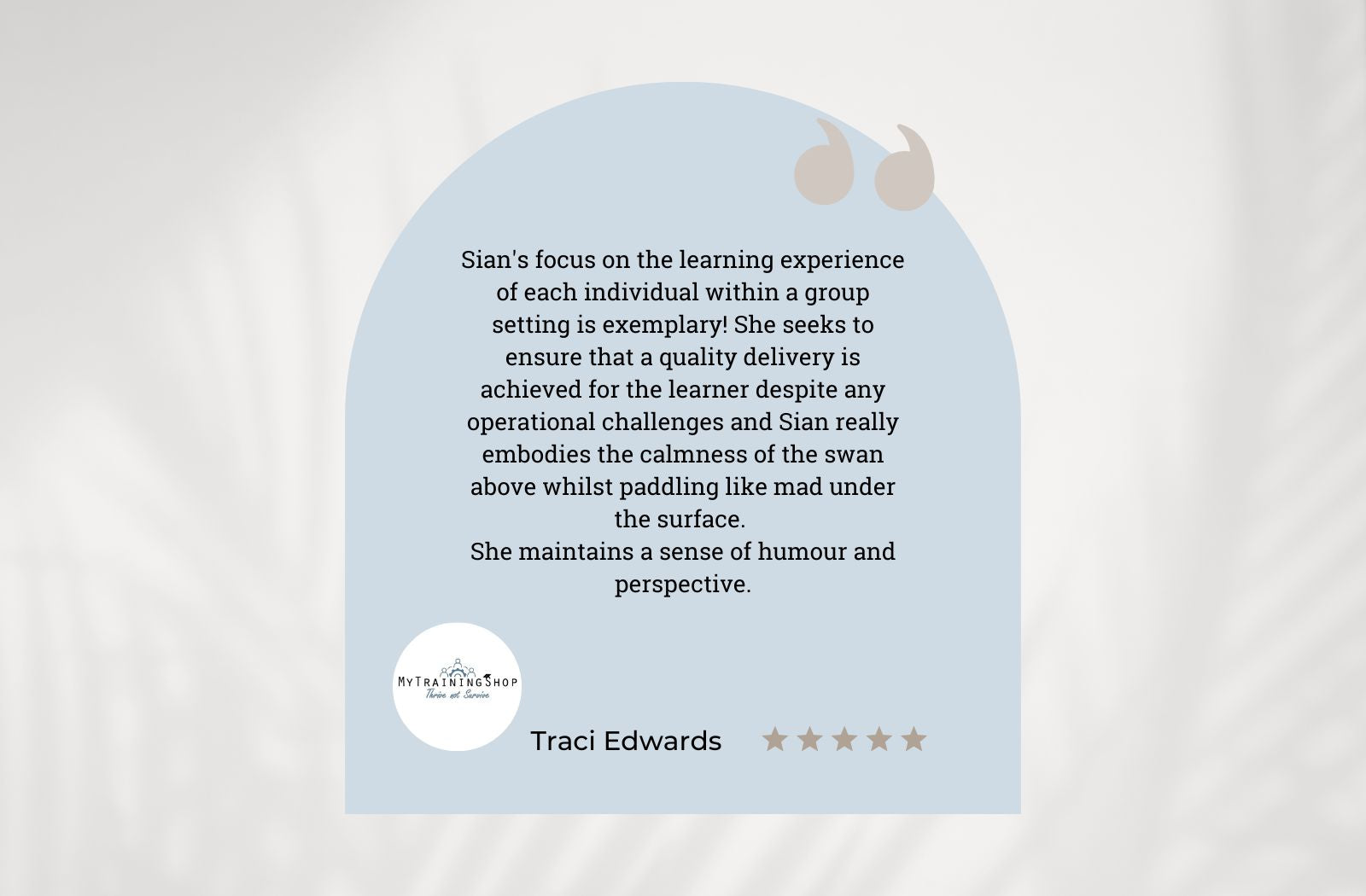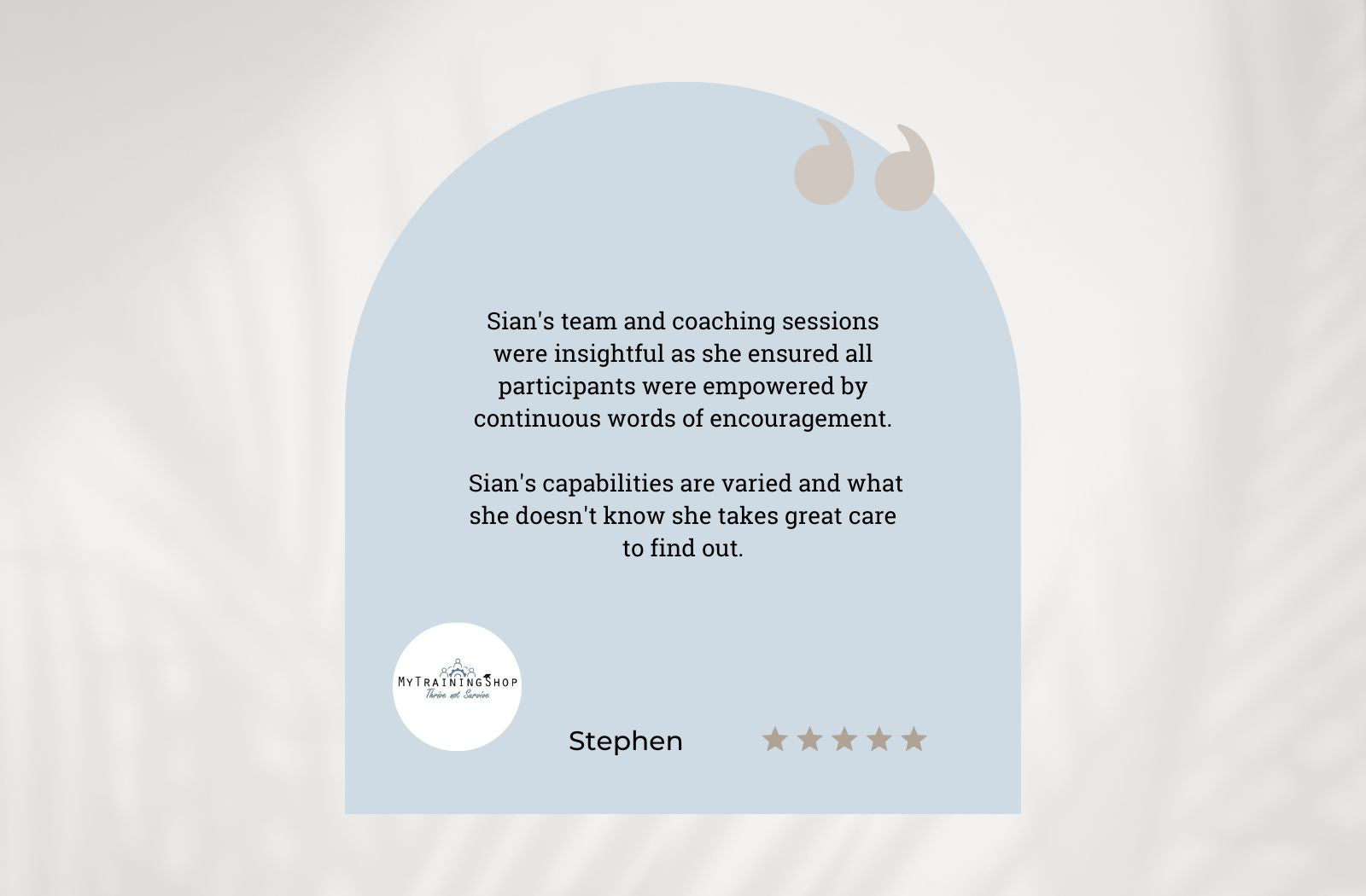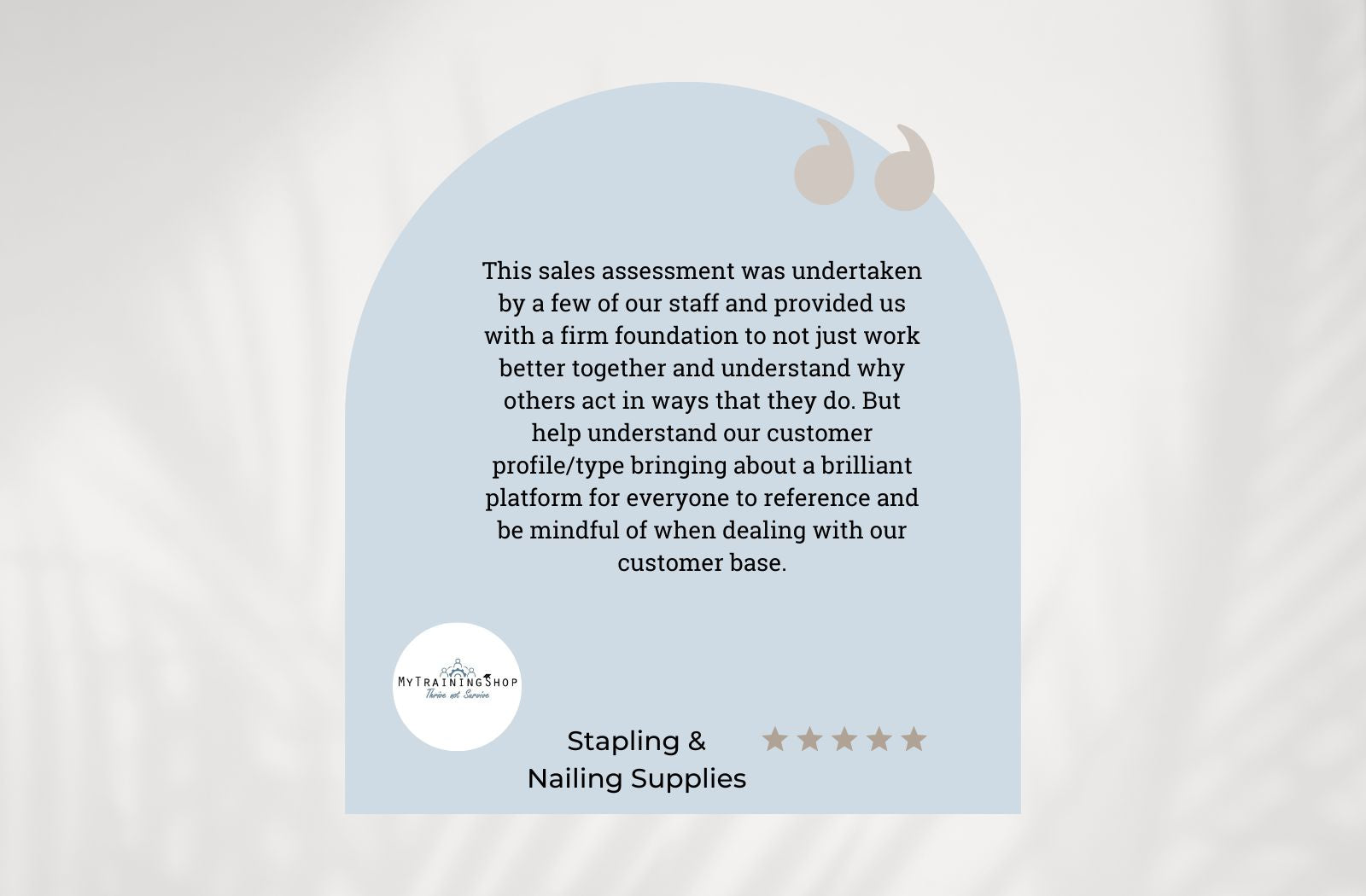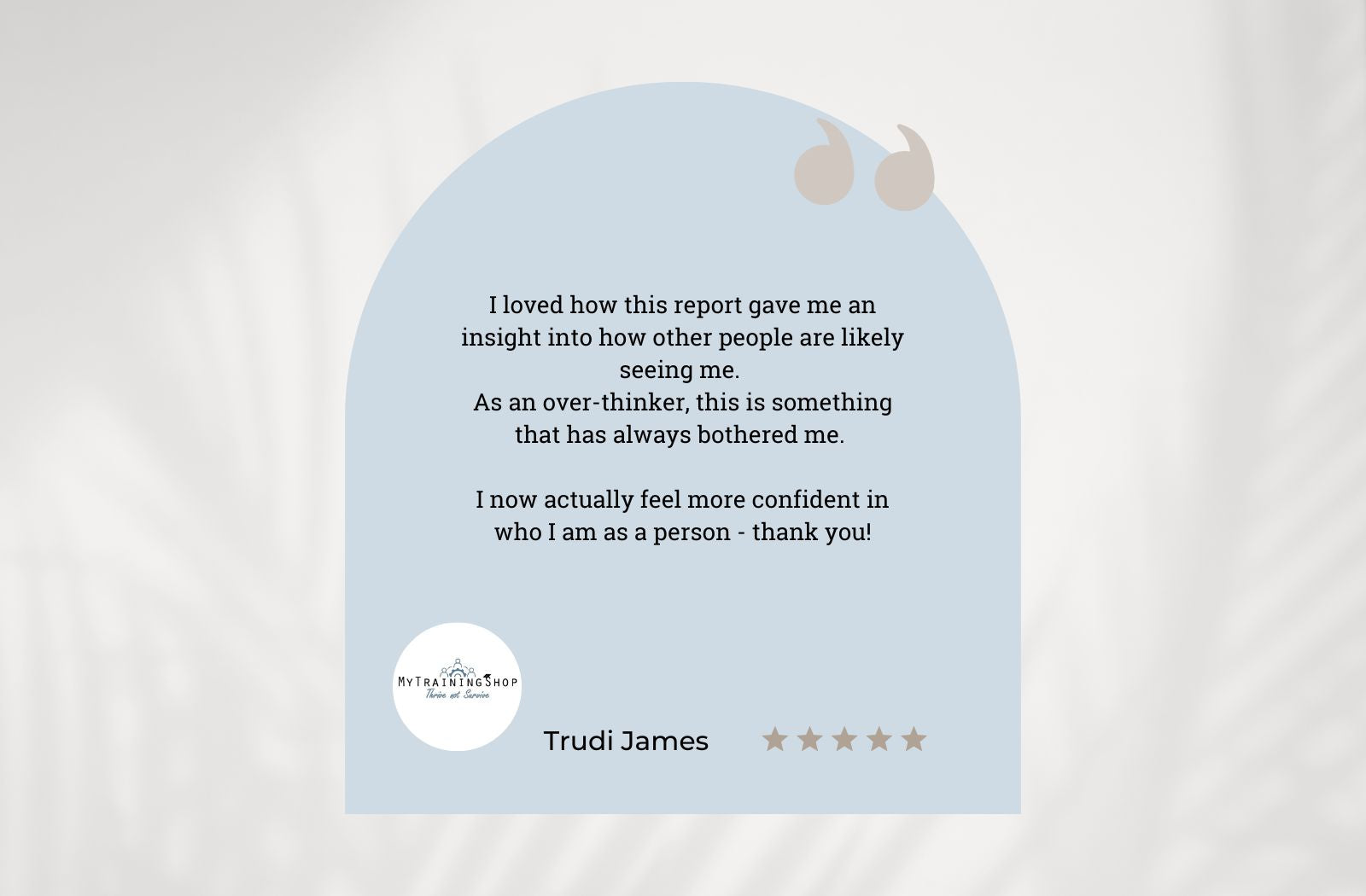Manage the Impact of Change
Change Management strategies to minimise impact
![]()
Change Management module 2)
By understanding how people come to terms with change, Along with how and why they can potentially react when undergoing change is essential to the helping process. Limiting the negative impact that change can bring is key to all business operations.
Participants will be equipped to:
- Describe why change can be difficult
- Explain the change curve that many individuals experience when undergoing change
- Contribute suggestions of how to support others when transitioning through change
- Limit the negative effects that change can bring
- Suggestions for practical actions to help people handle each stage of the Change Curve ( a change management model)
Options: This module can be taken as a standalone 90 minute session or packaged up with Modules 1, 3 and 4 of our full course:
|
|
|
The following Everything DiSC Behavioural virtual and interactive courses are in synergy with this course and can be combined for best effect. Any of these profiling assessments will enrich your change management plan and assist with working towards a positive culture in your organisation:
| Everything DiSC Catalyst | Everything DiSC Agile | Everything DiSC for Leaders |

Group learning
Our courses can be facilitated either virtually (remotely) inhouse or a mutually agreed venue. Bespoke options avaiable

Obtain everything required to deliver Everything DiSC®
Trainers - Coaches - HR - Consultants
Facilitate Courses
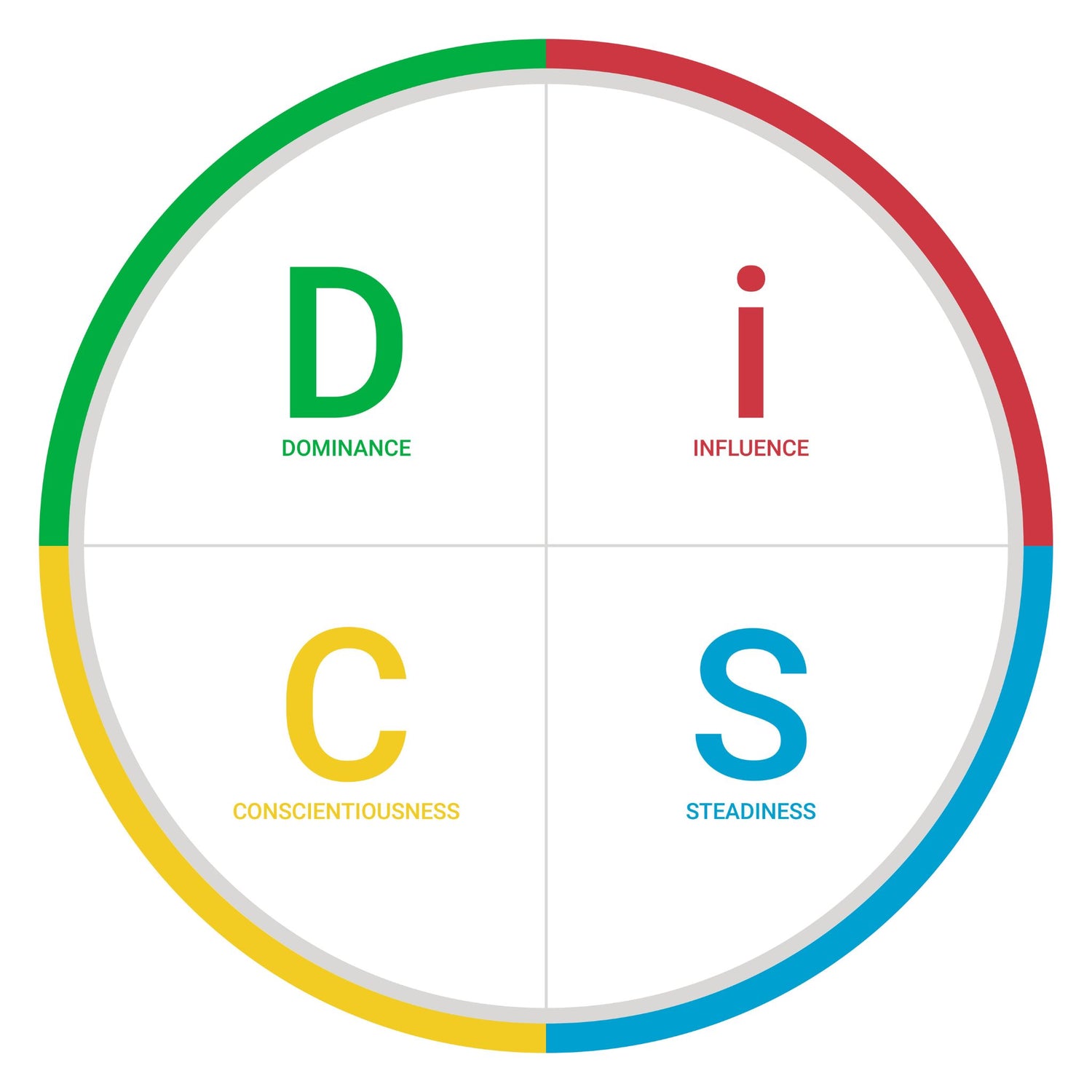
Courageous conversations can turn into something more straightforward
DiSC® stands
for Dominance, Influence, Steadiness and Conscientiousness.
It was first created by Dr. William Marston, a physiological psychologist in his book ‘Emotions of Normal People' in 1928. Over the years, his findings were built upon and gradually evolved until today, when they now form a four-stage process called ‘DiSC®’. Obviously this is then defined into more defined categories with some overlapping..






